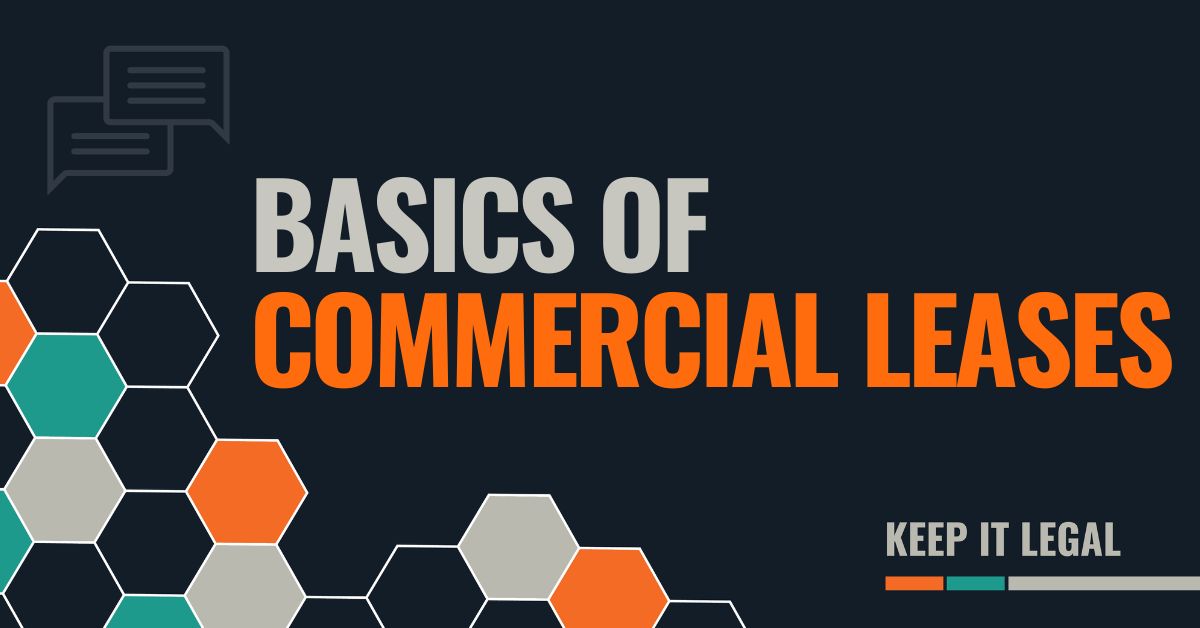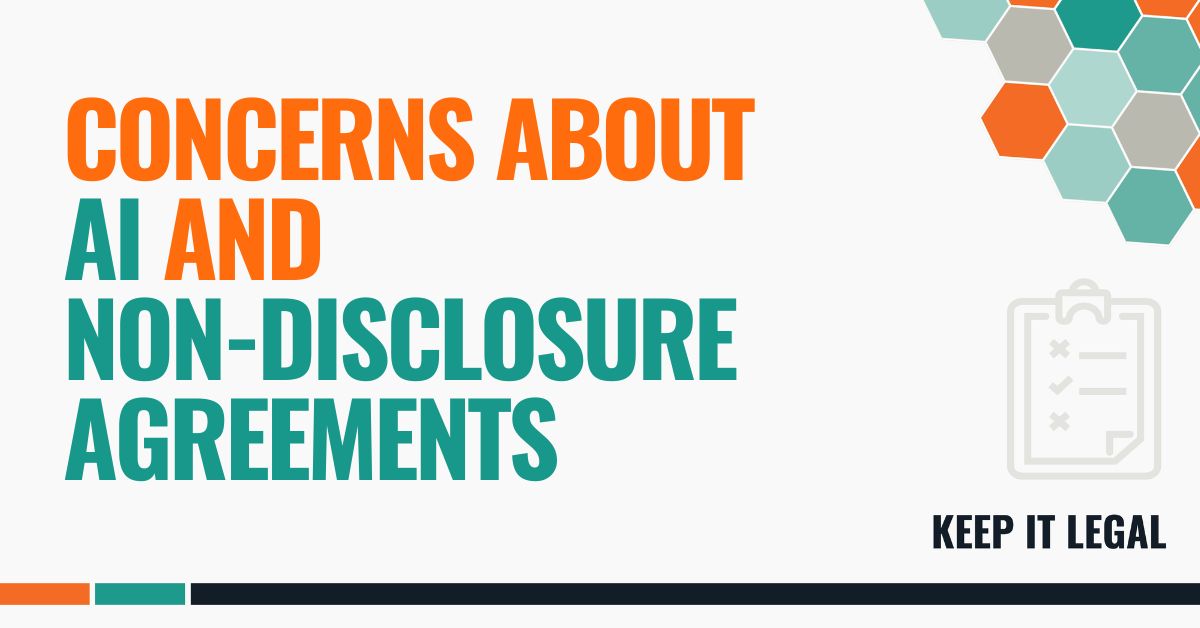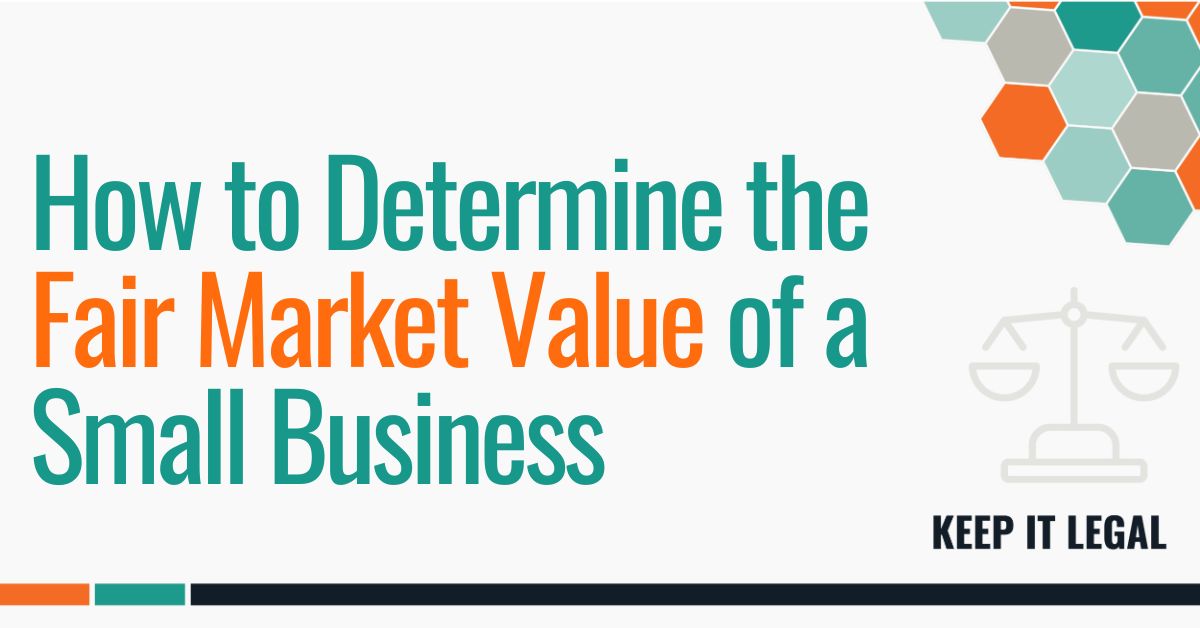Commercial Leases: What Every Business Owner Should Know Whether you’re setting up your first storefront or relocating your corporate offices, navigating the world of commercial leases can be complicated. This post is designed to make that process a bit more manageable by covering key elements you need to know before signing any commercial lease. Of course, this post can’t cover every issue that comes up – it’s intended to be a high-level overview. We can go into details about various issues in future blog posts. The Basics: What is a Commercial Lease? Simply put, a commercial lease is an Agreement…
Archives: Business Law
Concerns About AI and Non-Disclosure Agreements
September 8, 2023
This post marries two concepts: Non-Disclosure Agreements (NDAs) and Artificial Intelligence (AI). They may seem unrelated, but I’ve noticed an issue coming up lately that may have escaped the notice of many business owners. The bottom line is that your business’ existing NDAs (and any contracts that include confidentiality provisions) may need to be revised to account for new developments in technology. Imagine you own a marketing agency that provides tailored advertising solutions for your clients. You sign an NDA with a big client to work on a campaign for a new product launch. The NDA is standard and has…
What are MSAs and SOWs?
August 15, 2023
Clients often ask me to review, draft, or negotiate MSAs and SOWs. These are types of contracts that are important to many types of businesses. Let’s take a look at what they are and how they work together. Let’s say two businesses want to work together on a variety of different projects over time. They will have some terms that always stay the same, so they don’t want to have to review, draft, and negotiate a whole new contract every time they work together. But the details of each specific project will vary. This is the perfect situation for a…
How to Determine the Fair Market Value of a Small Business
July 21, 2023
Clients often ask how to determine the fair market value (FMV) of a small business. On one level, the goal is to establish a price that a willing buyer and a willing seller would agree to in an open and unrestricted market. There are a variety of ways to establish FMV, and the choice of valuation method depends on the business and the reason for the valuation. For example, let’s say you’re in a two person company and your partner wants to leave. They’ve offered to let you buy them out of their share, with the price being based on…





